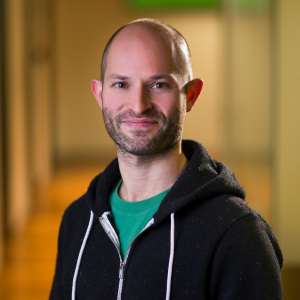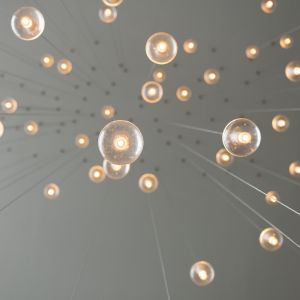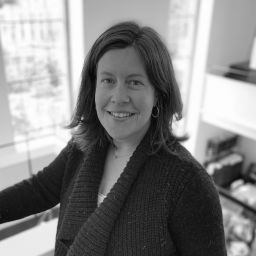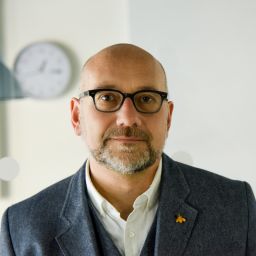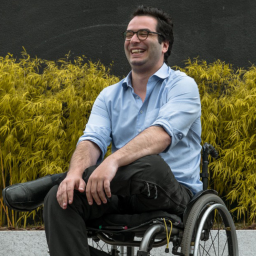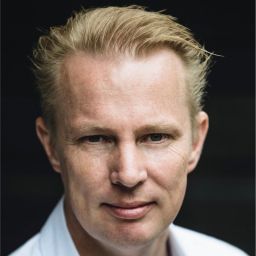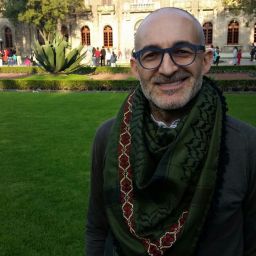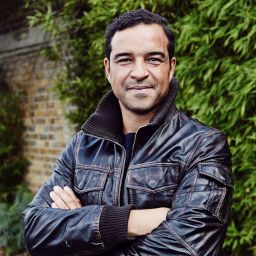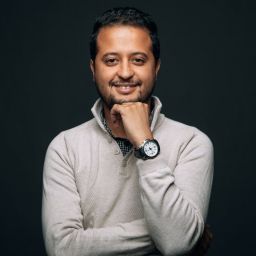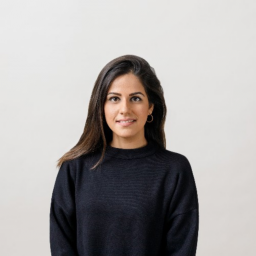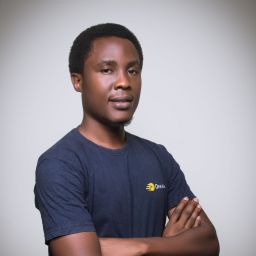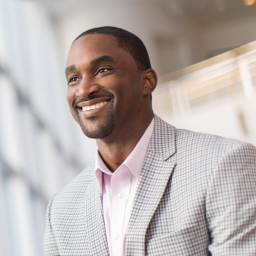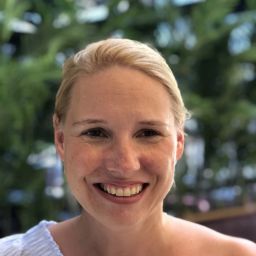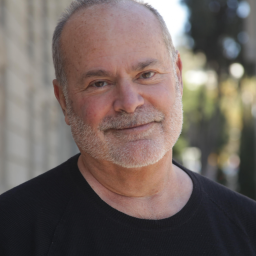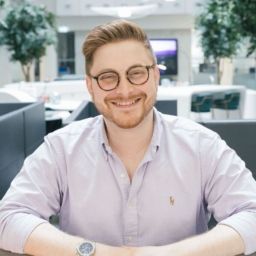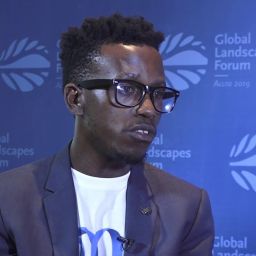The International Committee of the Red Cross (ICRC) facilitates the inclusion of people with disabilities in their communities by offering them employment training and sport programmes to support them in achieving their full potential in society. The ICRC Career Development Programme (CDP), which was launched in 2019 in partnership with the Adecco Group Foundation, aims to give people with physical disabilities the tools they need to find and acquire meaningful employment.
One such project began whilst collecting data on the access of women to rehabilitation services in Niger. Here, the ICRC discovered a number of local groups scattered across the country made up of women tailors. Despite organising themselves into support networks, most of the women were struggling to make money from their sewing.
With the onset of the Covid-19 pandemic and the worldwide need for masks, the ICRC saw an opportunity to connect the dots. They collaborated with a local NGO to train the tailors in mask-making. With this knowledge and the help of a local trainer, the ICRC was able to provide training for 10 women, who then took those skills back to vulnerable women with disabilities within their own neighbourhood sewing groups.
The ICRC also contributed by purchasing masks made by these women for their own staff in Niger, as well as donating a portion of the purchased masks to the Nigerian Red Cross. To date, this initiative has trained 278 people who have produced and sold more than 60,000 masks. They are currently working with other tailors on a contract to produce more than 1 million masks for the EU.
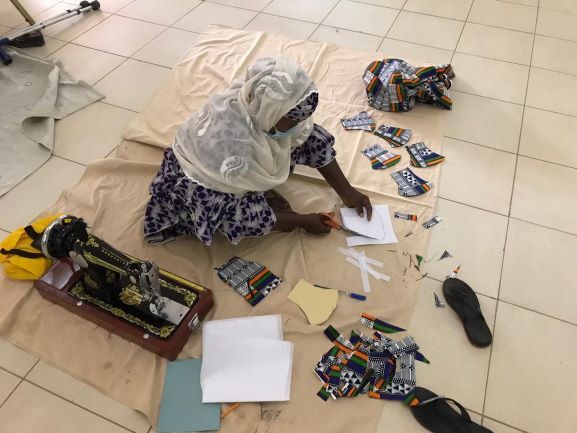
Not only has this project increased the income of the tailors, but it has strengthened the way they work together and increased their ability to attract large potential clients. The ICRC continues to work with these groups, analysing their business plans and by helping to increase their revenues by working with the women on diversifying the products that are produced. The women are now also producing aprons and blouses for healthcare personnel, mechanics and farmers, and feminine hygiene products in addition to the masks, which will help to ensure they can continue to thrive on a sustainable basis in the long-term.
This project is helping change the narrative about women with disabilities in Niger, focusing on what they can rather than what they can’t do. The project is also diversifying as needed. For example, one group of women from Agadez wanted to learn how to make clothes for men. Having helped them access that training, the ICRC is now buying those clothes from the group to give to released prisoners, so they can return home with dignity.
One of the women benefiting from this programme is Kadidjatou Amadou Salifou, a 44 year old mother of four, a regional and international athlete and a polio survivor.
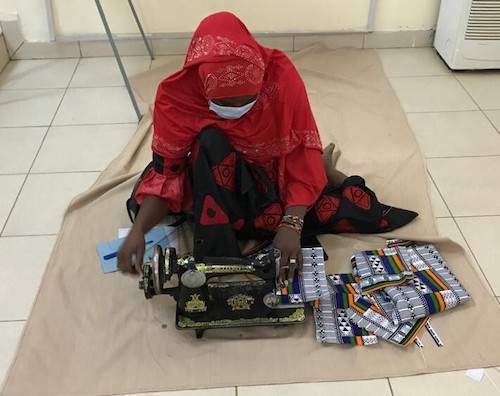
“I lost the use of my legs after contracting polio. I was two years old when it happened. At the time, the disease was unrecognized and considered a curse. School had become hell. I could not stand the taunts of my comrades anymore. I wanted to stop. When I was 15, I left school.
Subsequently, I enrolled in a training workshop for people living with a disability. I opted for sewing. I was happy to be there because I was discovering for the first time an environment where I did not inspire any pity.
After receiving my sewing diploma, I was given a machine. It took me a while to perfect my sewing skills but I managed to do it. Then I tried my luck and opened my own workshop. It was amazing: I made items for women and children, but I also trained other people with disabilities.
Recently, along with other disabled women, I was trained by the ICRC to make handmade masks. I alone have made over 4,000. Today I receive many orders from customers across the country. In turn, I trained more than twenty disabled women in the making and production of handmade masks. And I will continue to share, to train.”
Today, Kadidjatou works as a dressmaker and also competes in numerous regional and international sports competitions, including weightlifting, javelin, table tennis and wheelchair racing. She is working with the ICRC to promote the socio-economic inclusion of people with disabilities.
Many ICRC beneficiaries in Niger owe their disability to injuries inflicted by the explosive remnants of war, firearms or bladed weapons. Rehabilitating and including persons with disabilities in society is crucial and supporting them in employment is a key way of upholding their agency, identity and wellbeing. It is projects like the one we describe here that enable women with disabilities to rebuild their lives with dignity, autonomy and purpose while fighting the stigmatisation of disability in society.
Find out more on the work of the ICRC in supporting women with disabilities in Niger here.
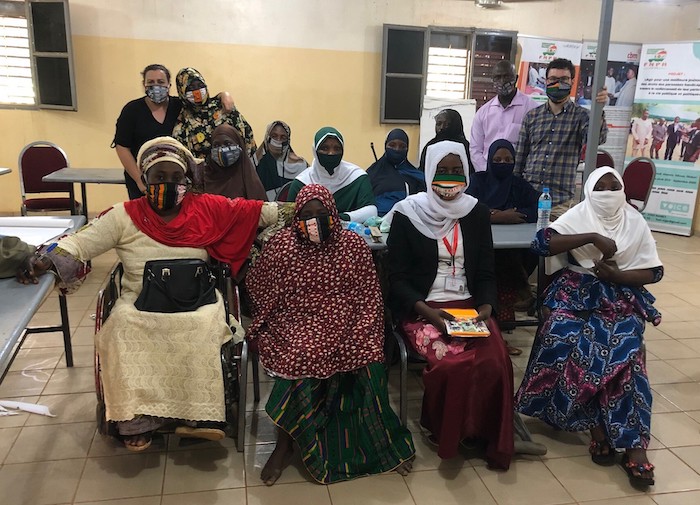
___
TO JOIN THE ‘Accelerate’ COMMUNITY of leaders championing disability inclusion globally, APPLY TO BECOME A MEMBER OF MEANINGFUL BUSINESS HERE


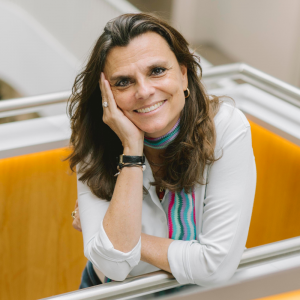
![Introducing Accelerate - Working Together for Disability Inclusion Accelerate_social_tile_1d[4]](https://meaningful.business/wp-content/uploads/2021/03/Accelerate_social_tile_1d4-300x300.png)
